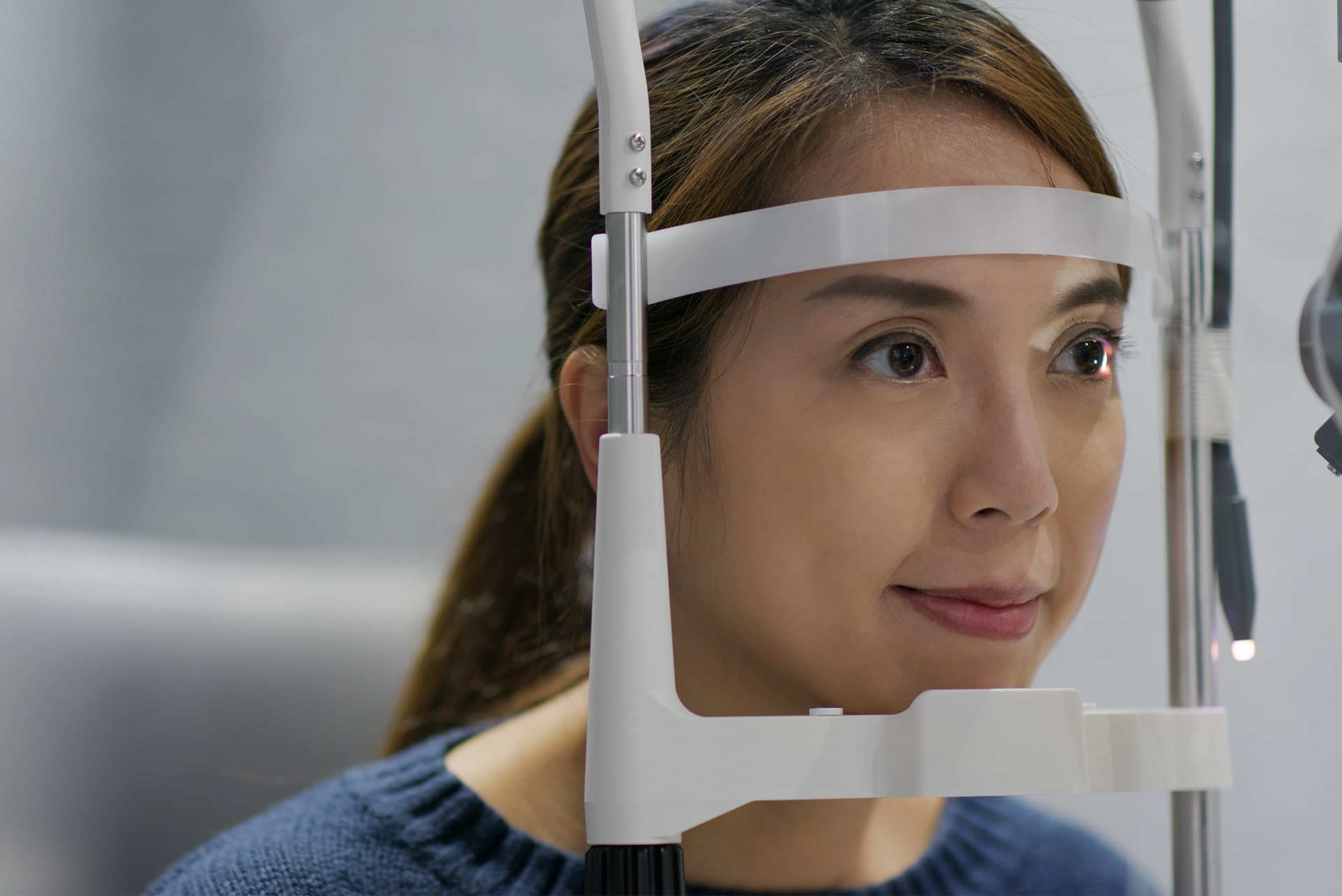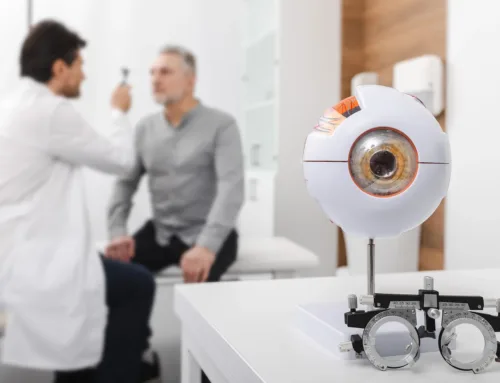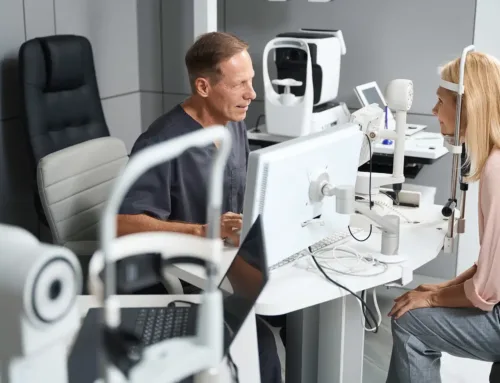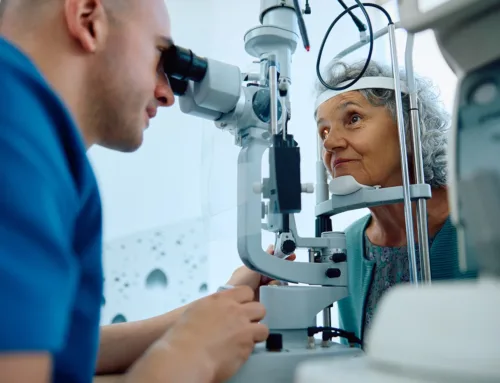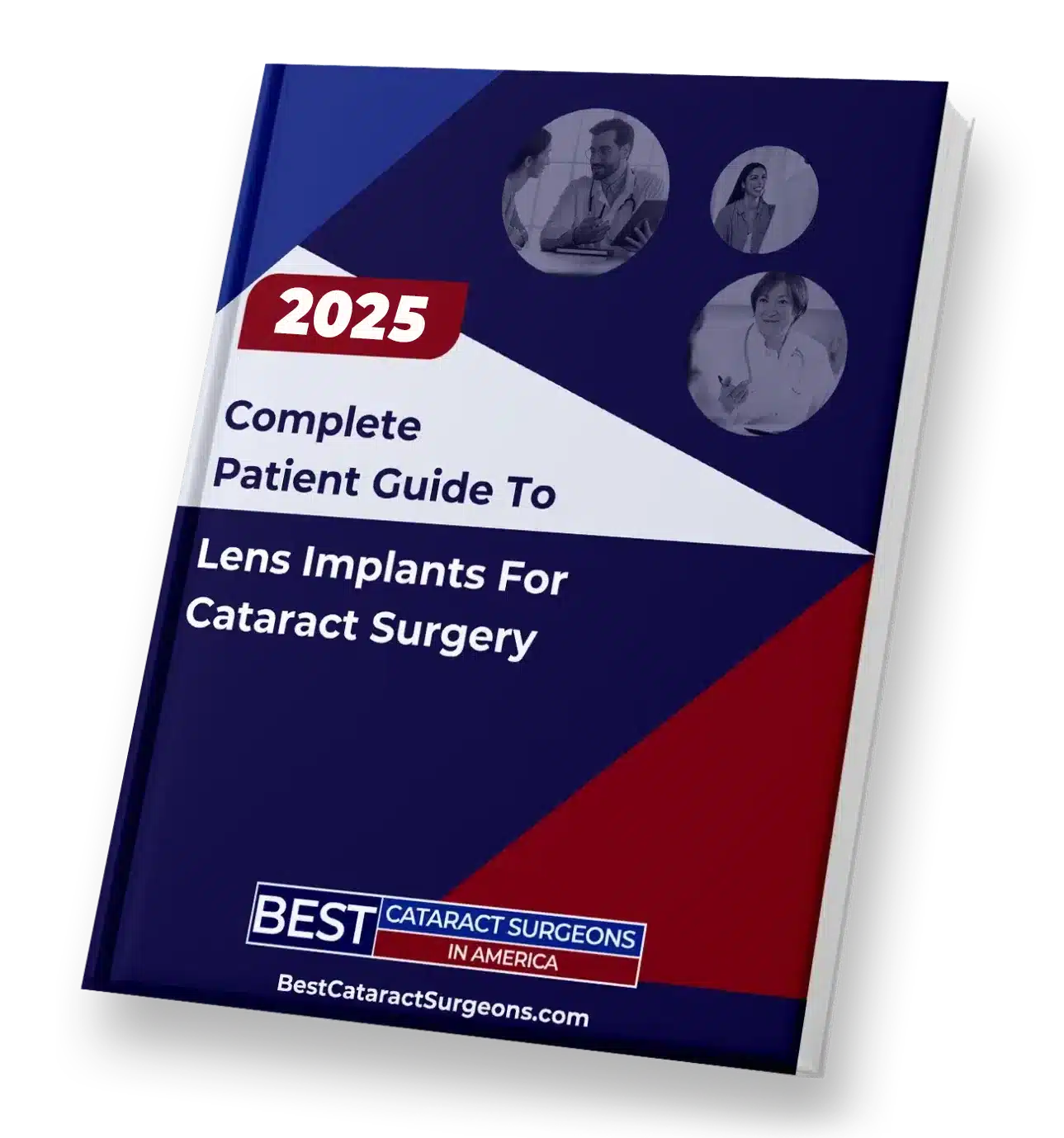Subcapsular cataracts are when the lens opacity is close to the anterior or posterior capsule . Like other cataracts, the protein builds up on the lens and then covers it to block light from going through. This will make you have blurred vision and also cause treatable blindness. This kind of cataract can affect one or both eyes, and if left untreated, they can cause blindness and other severe side effects.
To get treated, your doctor will recommend surgery so that they can take out the affected lens. This is important because it will ensure that your vision is clear once again. When you notice any changes in your sight, you need to seek medical attention fast so that you have any changes in your vision or that of your child.
Posterior subcapsular cataracts
When you have posterior subcapsular cataracts, the lens opacity is close to the posterior capsule. You may notice that your vision will start changing at night, or it may be difficult for you to read. You may need to change your reading glasses more often when you have this kind of cataract. They can develop more rapidly, and they will be noticeable after a few months to a year. Cataracts start from the back of the lens and then progress quickly to cover the whole lens, and the proper treatment is removing the lens and replacing it with an artificial one.
Anterior subcapsular cataracts
The anterior subcapsular cataracts are formed when the epithelial cells become necrotic. They also display cloudy substances that will cover the lens, and with time it will become more noticeable. When the lens is completely covered, you will have difficulty seeing and also reading. The doctor will recommend that the lens is removed and replaced with a new one that is clearer.
Causes of subcapsular cataracts
Although most cataracts are age-related, some are also caused by certain factors. You can also control the growth of cataracts when you take better care of your eyes and your body. There are several causes of subcapsular cataracts that you may need to watch out for if you would like your eyes to stay healthy.
Radiation
If you are exposed to radiation, you can develop cataracts after a few years. It would help if you were sure that you avoid too much exposure to ionizing radiation, making you slowly start developing cataracts. UV rays are also harmful to the eyes, and it is vital to keep your eyes protected when you are out in the sun. Wear sunglasses when you are outside so that you can keep your eyes protected from the sun’s harmful rays, which in a few or even many years might cause cataracts.
Aging
This is the most common and unpreventable cause of subcapsular cataracts. Although you may not be able to prevent aging, you can try to control the progress of cataracts. This is because they become more prominent over time and cover the lens, making it difficult for you to see from the affected eye or eyes. This type of cataracts can start slowly, and over the years, they will progress slowly until they cover the whole of your eye lens. It can start when you are 40, and you might notice it when you are 55 or 60 because they grow slowly.
Toxic damage
When you have other eye problems which may require steroid drops, you may be at increased risk of developing subcapsular cataracts.
If you have the symptoms described above, please see your eye doctor for a full examination and to determine whether you are ready for cataract surgery. You will be able to prevent the symptoms from becoming too severe and enjoy your clear vision for longer.

